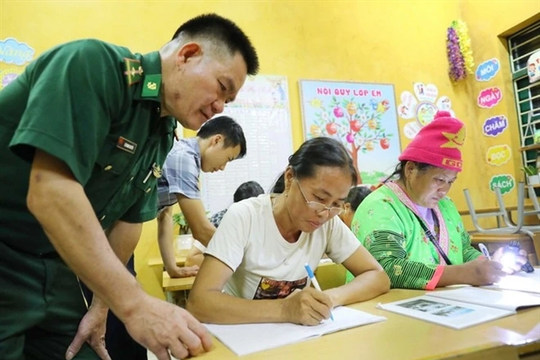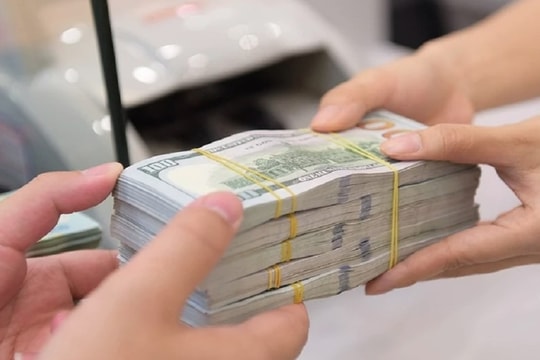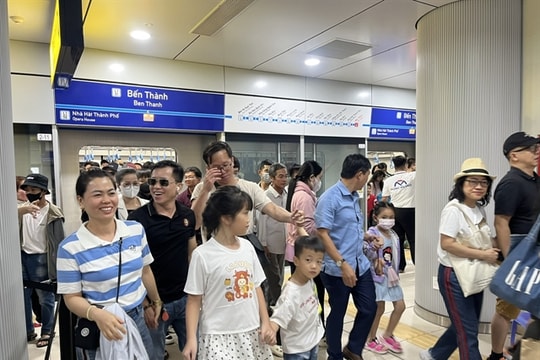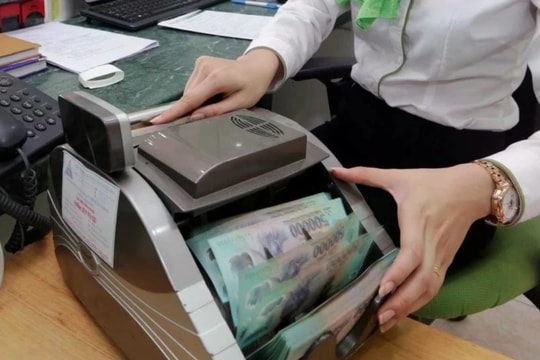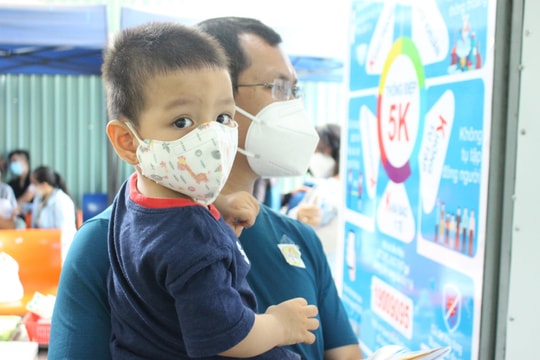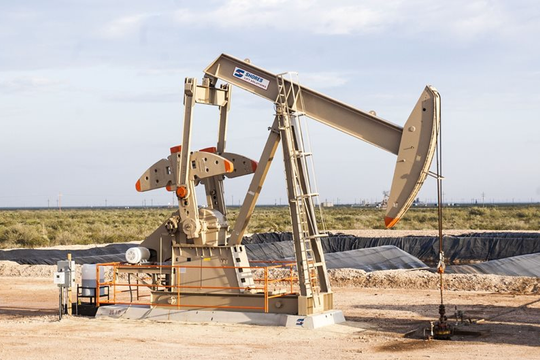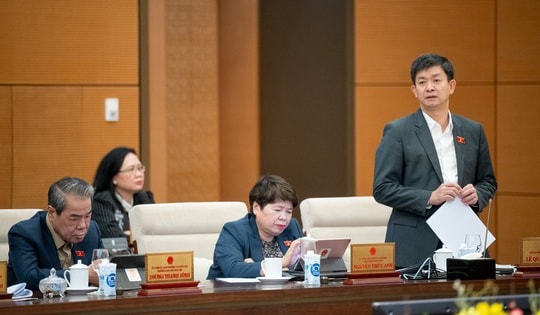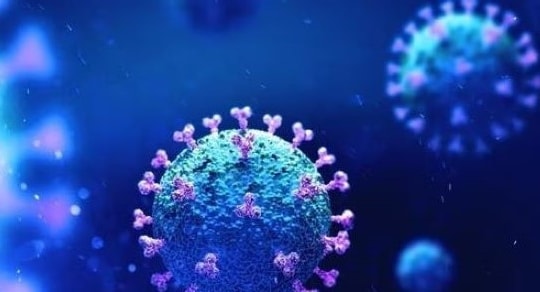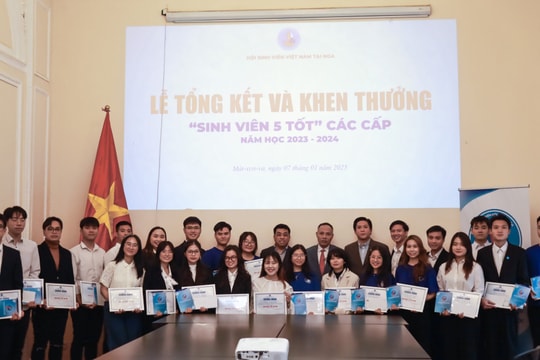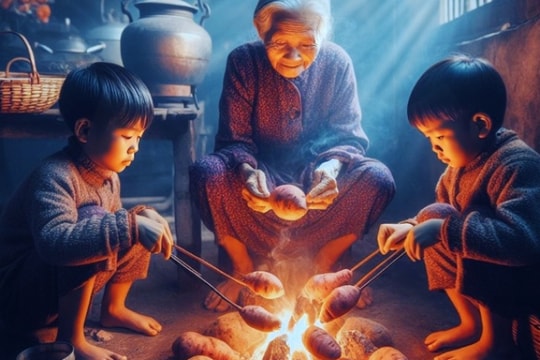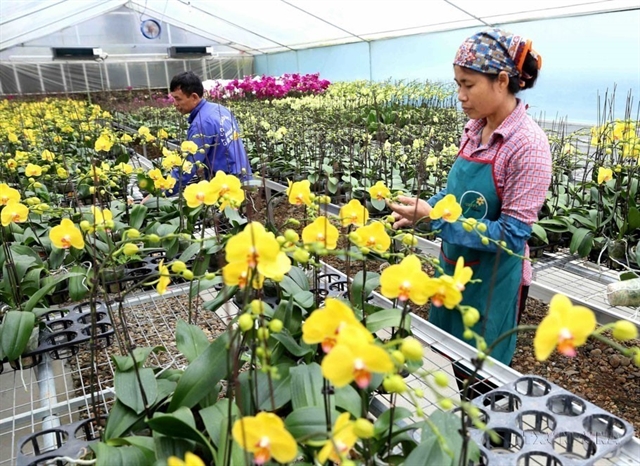 |
| An orchid garden using high-tech applications at Đan Hoài Cooperative in Phùng Town, Đan Phượng District. Photo courtersy of the Hà Nội Agriculture Extension Centre |
HÀ NỘI – The capital city of Hà Nội in recent years has implemented policies to support the development of high-tech agriculture and digital transformation to encourage the development of agriculture production.
The digital transformation and incorporation of technology into agricultural production is an inevitable trend, helping to increase productivity, improve product quality and reduce costs.
The city has focused on bringing digital technology into agricultural production, equipping farmers with new knowledge to apply in practical cultivation, creating high-quality agricultural products that yield significant economic benefits and supporting the agricultural sector in developing in a sustainable direction in line with global trends.
The city currently has 285 high-tech agricultural production models, including 185 in crop production, 45 in livestock farming, 54 in aquaculture and one model combining crop production and livestock farming.
The value of high-tech agricultural products now accounts for about 40 per cent of the total agricultural production value of the city.
Director of Quảng Bị agricultural cooperative in Chương Mỹ District, Nguyễn Việt Hùng, said that to save costs and labour, they used drones to sow seeds on nearly 400ha during the 2024 spring crop.
Mechanisation in land preparation and the use of drones in sowing brought many benefits, said Hùng.
The rice not only grows and develops well with high productivity, but costs are reduced and yields are two to three times higher than traditional production methods, according to Hùng.
Meanwhile, Trần Văn Tuấn, director of Chử Tâm a clean vegetable cooperative in Gia Lâm District, said they specialised in producing leafy vegetables such as mustard greens, water spinach, pumpkin leaves, malabar spinach and herbs, as well as various roots and fruits like bottle gourd, eggplant, tomato, cucumber, beans and carrots.
With the goal of delivering clean agricultural products from the farm to plate, the cooperative had strengthened the application of digital technology in production, such as sprinkler and drip irrigation systems, planting in greenhouses and net houses and mechanisation from soil preparation to harvesting, processing and packaging.
Additionally, they had applied agricultural film technology and IPM (Integrated Pest Management).
Currently, the cooperative supplied 200-300kg of clean vegetables to the market every day, earning a revenue of VNĐ50-70 million (US$2,090-2,920) per month.
Trịnh Kim Thư, general director of MD Queens Joint Stock Company in Nam Từ Liêm District, said that the company’s black ginseng tea product followed the ISO 22000:2018 standards in production and processing and had been certified to meet the OCOP (One Commune One Product) mark.
The application of digital transformation in producing black ginseng tea allows customers to confidently use the product, as they can trace its origin via a QR code, according to Thư.
Director of Hà Nội Agricultural Extension Centre (Hà Nội Department of Agriculture and Rural Development) Vũ Thị Hương said that applying digital technology was one of the key activities the centre was coordinating with localities to support farmers.
Through training sessions farmers were guided on building models that apply digital technology in production, implementing smart technology monitoring systems and promoting and selling products on digital platforms, Hương said.
At the sessions, the centre addressed challenges in bringing products to e-commerce platforms, particularly equipping producers with skills to promote and develop product markets.
As a result, more and more models were incorporating mechanisation and digital technology into production, changing farmers' cultivation habits.
Deputy director of the Hà Nội Department of Agriculture and Rural Development, Tạ Văn Tường said that in the near future, Hà Nội’s agricultural sector would work with localities to strengthen communication, raise public awareness about the role and importance of digital transformation in farming, support farmers in using information technology equipment and train them to improve their ability to access and integrate digital technology into agricultural production.
To realise Resolution 08/2023/NQ-HĐND of the Hà Nội People’s Council on policies to encourage agricultural development, the municipal authority would allocate targeted extra funding to district budgets for 2024-2025 from the city’s budget.
Accordingly, Hà Nội would allocate more than VNĐ10 billion ($418,000) to implement policies supporting machinery and equipment for agricultural digital transformation.
This would create favourable conditions for farmers and businesses to integrate digital technology into production.
The Hà Nội agricultural sector would continue to build specialised sections and pages on digital transformation in agriculture, introduce related digital platforms and e-commerce platforms to help people grasp knowledge and promote production, processing and consumption of agricultural products in a digital environment.
Localities would develop programmes, projects and pilot models for digital technology in key crops, then replicate the models, promote products and gradually transform agricultural production methods.
The Hà Nội agricultural sector would also closely cooperate with departments and agencies to work alongside local governments to implement the resolution effectively and synchronously, creating the most favourable conditions for businesses, cooperatives and farmers to develop Hà Nội’s agriculture in a smarter and more modern direction. VNS



